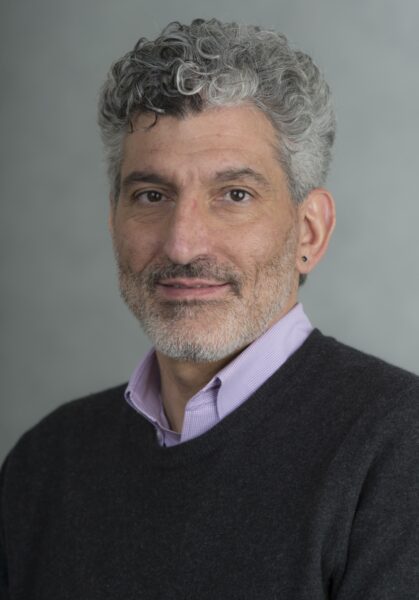Ravi Allada, M.D., Professor of Neurobiology at Northwestern University, is interested in the molecular mechanisms underlying circadian rhythms and their links to various clinical disorders, including insomnia, depression and even neurodegenerative diseases. A circadian clock is an internal biological clock that regulates the 24 hour cycle of biological processes in animals and plants. Circadian clocks are important in determining the sleeping and eating patterns of all animals.
Patients with neurodegenerative diseases, such as Alzheimer’s, Huntington’s and Parkinson’s diseases, often suffer from sleep and circadian disorders. This disruption of sleep makes care giving extraordinarily difficult and in many cases worsens disease symptoms. Understanding the link between circadian disorders and neurodegeneration, the progressive loss of structure or function of neurons, may provide important inroads towards improving the lives of patients with neurodegenerative diseases.
In 2011, the Brain Research Foundation awarded Dr. Allada a seed grant to study a specific circadian clock gene and its role in neuronal maintenance and neuroprotection. Dr. Allada was to examine the Drosophila; this fruit fly has been a powerful model for elucidating the underlying mechanisms of circadian clocks. Using the fruit fly is an economical approach to test various hypotheses. In addition, we know that flies and mammals share genetic mechanisms underlying circadian rhythms. There are also well-developed models of human neurodegenerative diseases in flies.
The Allada lab has discovered that the main gene controlling the circadian clock, Clock (Clk), may act to protect against neurodegeneration. Dr. Allada hypothesized that Clk allows neurons to regulate their activity to avoid excitotoxicity, the long-term damage of neurons that is caused by excessive neural activity. Dr. Allada proposed to test whether Clk mutant flies are more susceptible to neurodegeneration. He was to also test whether extra Clk, conversely, is protective against neurodegeneration. If his hypothesis is confirmed, the research BRF funded may lead to diagnostic tests, preventative measures and treatments aimed at any underlying circadian contribution to neurodegenerative disorders.
Using findings generated from research funded by his 2011 $40,000 seed grant, Dr. Allada was awarded a $6.7 million grant to continue work on the effects of circadian rhythms on neurodegeneration. “The data generated with the BRF Seed Grant now allows us to broaden our scope and examine the interaction between metabolic, circadian and aging timers relevant to processes such as age-related neurodegeneration,” stated Dr. Allada, Chair of Neurobiology at Northwestern University.



